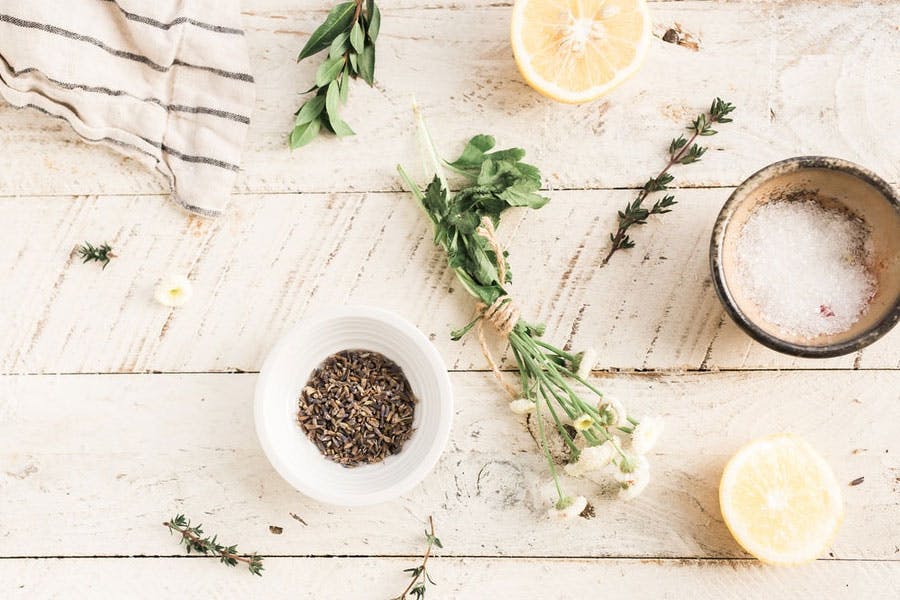5 Herbs To Help You Sleep Better
Busy schedules, late nights, and shorter sleeps can all interfere with our circadian rhythm, and it can be very easy to fall out of a healthy sleep routine.

Bare Blends
2018-01-10

Busy schedules, late nights, and shorter sleeps can all interfere with our circadian rhythm, and it can be very easy to fall out of a healthy sleep routine.
According to a report published last year, four out of 10 Australians aren’t getting the sleep they need to function throughout the day. This lack of sleep greatly affects everyday function, and exacerbates health conditions such as heart disease, diabetes and depression in tens of thousands of Australian.
Getting back into a regular sleep pattern should therefore be of fundamental importance to increase both productivity and your overall health. Getting enough sleep helps to improve your memory and mood, encourages creativity, increases your attention, lowers stress and helps you to manage your weight. As well as this, it gives your body time to repair, recover, and maintains health.
If you have trouble sleeping, the good news is that there are a few different natural remedies that can help.
We’ve listed 5 herbs that are a natural and healthy way to induce sleep, and may help you get back into your sleepy patterns much quicker.
1. Lemon Balm
Lemon Balm is a member of the mint family. It’s been used for centuries as both a cooking agent and a herbal medicine. Well known for it’s ability to promote quality sleep, lemon balm is also widely used as a sedative and an antibacterial.
The key compound behind lemon balm’s sleepy attributes is eugenol, a natural oily substance, which induces a sleepy state.
You can try preparing lemon balm as a sleep remedy at home, just soak the leaves in boiling water for about 10 minutes to make a sleepy tea.
2. Valerian
Valerian is plant that grows up to 1.5 meters tall, and blooms with clusters of pink and white flowers. It’s typically used as a sedative to induce sleep, an antiseptic, and a natural pain reducer.
It’s been known to help with insomnia, and appears to induce better quality sleep. It may also help you to fall asleep faster.

3. Lavender
In various studies, the scent of lavender has been widely proven to induce relaxation and better sleep. It’s known to ease anxiety and insomnia, and is also instrumental in lowering heart rate and relaxing muscles.
If you have lavender growing in your garden, you can harvest the small purple flower buds and put them in a bowl next to your bed. Alternatively, find an essential oil (aim for 100% undiluted lavender oil) and put it in a diffuser, or dab it on your skin before you go to bed.
4. Chamomile
Although no conclusive studies have been done on the effectiveness of chamomile for inducing sleep, it’s a remedy that has been used for centuries as a sleep aid, with many stating that it has tranquility enhancing effects.
It’s widely available as tea, so we’ll let you decide for yourself as to whether this one works for you.
5. Passion Flower
There are over 500 species of passion flower. It’s a vine-like plant that blossoms with a vibrant purple furry-looking flower. Passionflower is used to treat sleep problems, stomach upsets, and anxiety. It’s a sedative for promoting calmness and relaxation, and some studies have confirmed that it’s effective in relieving insomnia.
Of course, if you have long-term trouble sleeping, or insomnia that lasts for more than a week, it’s best to seek medical advice. It’s also best not to take these herbs when taking sedatives and some prescription medications.
Happy sleeping!
